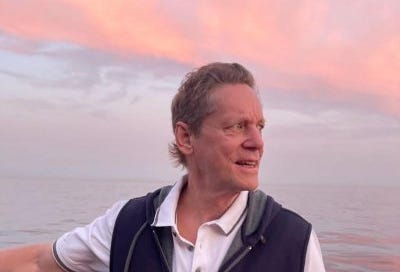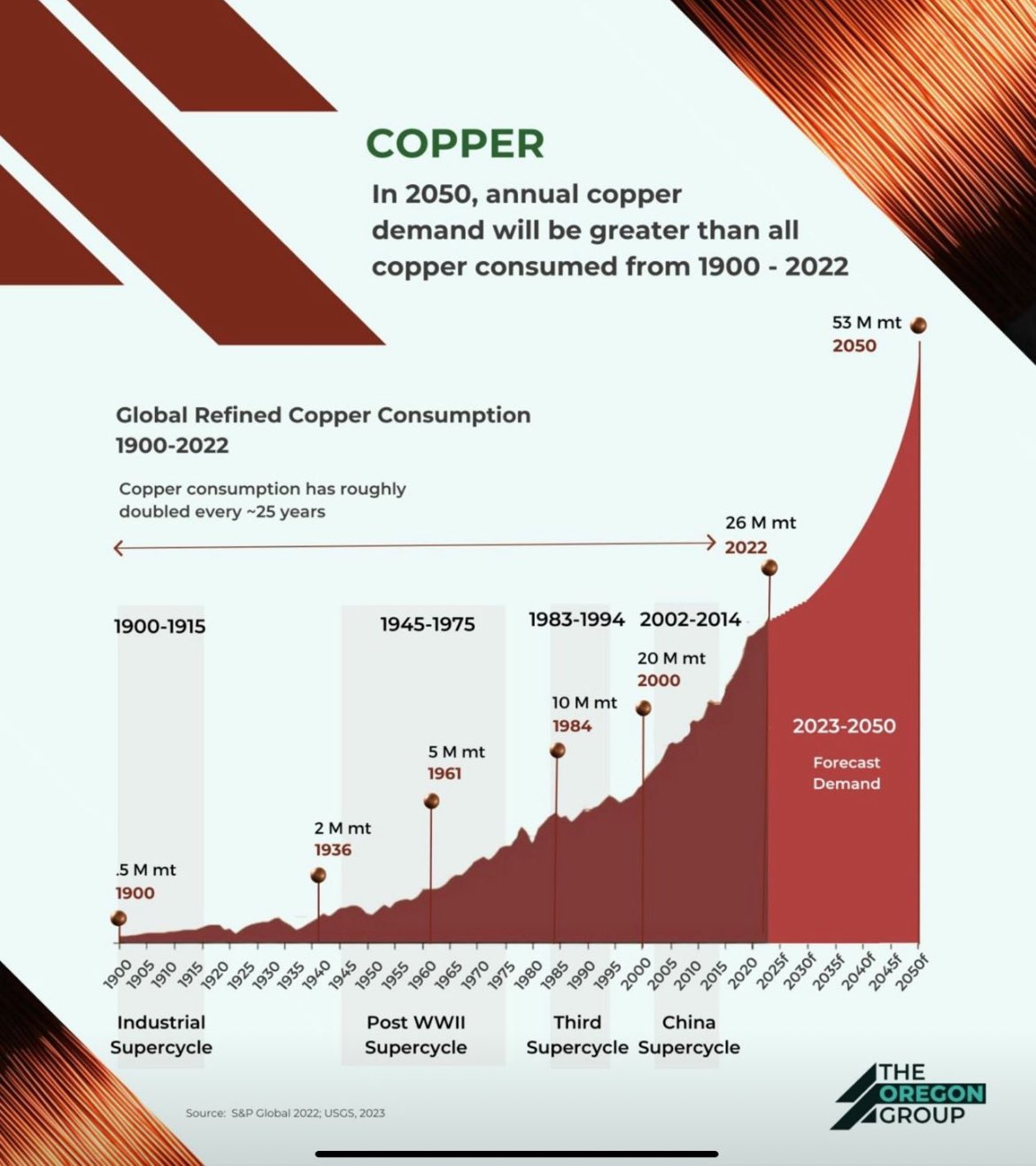If you find yourself learning something from my newsletters please consider become a paid subscriber. I put all of the money back into the research.
I’m continuing with my series on the more complicated histories here of what I call the other MAGA — Microsoft, Amazon, Google, and Apple — and how these companies continue to dominate our everyday existence and what they tell us about this larger aspect of life. Are these firms exploited us through monopoly power? Or are they national champions? Are they doing a bit of both, perhaps? I’m very interested in how the state tames these firms and what we might learn as investors and the general public.
As you know I’ve written a bunch about Facebook which you can access here. And of course my stuff on Microsoft has gotten the attention of international regulators. For a brief moment Microsoft overtook Apple as the world’s most valuable company.
Maybe it’s time to revisit whatever it is that I thought I knew about Apple. And yes there’s a family tie: an aunt of mine, specialist in calligraphy, worked on specialized fonts for Apple.
I go back and forth about the real Steve Jobs story, which I think has never really come into focus. Did we really need two biopics, especially the one with the deeply flawed Ashton Kutcher? I did really like the NHK documentary
I’ve never really been much for Apple products. I bought my first Apple computer and then within hours Steve Jobs died. It took me a few years to come back to them after that.
A recent article in the Wall Street Journal about Elon Musk’s purported drug use has me thinking about what exactly I know about Steve Jobs.
So, too, the recent news about the Lobito Corridor and its initial copper shipment with none other than Robert Friedland’s Ivanhoe.
You’re not thinking very hard if you ignore the fact that the man on whose farm Steve Jobs lived — Robert Friedland — is intimately involved in it. So much of that material will wind up in our electronics.
Friedland’s farm was the inspiration for Steve Jobs to name the company Apple and Friedland purported encouraged the younger Jobs to go to India and to take LSD.
This was, of course, after Friedland got in trouble for drugs — selling some 8,000 LSD tablets in what was “the largest seizure of LSD ever made in New England.”
Friedland got probation and wound up at Reed College where he met a young Steve Jobs. Just how Friedland got probation for the largest drug bust in New England history is, I suppose, a story for the ages. It seems fairly obvious that Friedland was Jobs’s first business partner.
Jobs, for his part, started a real estate company with Friedland — a detail about their partnership which is never fully explained — and even owned land in the town where Friedland had his farm from 1978 to 1985. Jobs was fired from Apple in 1985.
An auction document posits an interesting business relationship with Jobs and Friedland.
The document was a partnership agreement between Jobs and Friedland for a "place of business" in McMinnville, Ore.
"The partnership shall engage in the business of investments, including particularly but not being limited to real estate investments, and in such other business of a similar nature or related thereto as shall be agreed upon by the partners," the agreement reads.
It's unclear what became of this business venture between the two friends. Shortly after the deal, Jobs went on to great success with Apple computers. And Friedland became a very successful business tycoon in the mining industry; he is now a billionaire.
There are all sorts of questions here, not least of which is the penchant for illegal cult labor.
A conspiracy theory I’ve come to believe is that Jobs had a lot of drug money behind Apple and that when the board found out about it, Jobs was fired from Apple.
Could it be that the drug world kept a lot of Jobs’s life a secret because he spoke so favorably about the drug world?
Jobs supposedly ribbed Bill Gates for not doing LSD or going to an ashram, prompting Gates to admit his own youthful drug use.
Jobs would later get a security clearance while working at Pixar, ostensibly because Pixar helped the government with satellite imagery. He told the DOD that the last time he ever got high was in 1977.
How much of the claimed drug use is a form of advertising for the drug world? Every business needs advertising.
You can almost hear the ambitious mind thinking: “Maybe the reason you’re not successful is because you don’t take enough drugs.” Why don’t you take drugs?
There’s a sort of pose — “well Steve Jobs did it!” the midwits cry — and you’ll hear time and again when you ask legitimate questions about how Musk’s alleged drug use is a security risk.
Never mind how dangerous marijuana is these days. “More teens are suffering from marijuana-induced psychosis,” writes the Wall Street Journal.
There’s a lot of evidence that foreign oligarchs have taken over the drug world, even in the United States.
That research prompted us at Traitwell — the genetics firm I cofounded in 2021 — to release an addiction app.
The more disturbing question with regards to Musk is how connected he might be to the Sinaloa cartel.
A question to journalists: If Musk is a drug user who is his drug dealer?
You could consider these revelations of drug use as a pretext to get rid of Elon.
All Musk’s drug dealer would have to do to get rid of Elon is to alter the cut. For those of a cinephile bent in the film Casino Sharon Stone’s character is killed off with “the hot dose.”
Given how much the Sinaloa cartel traffics fentanyl it wouldn’t be too hard to do to Elon.
In the final analysis Friedland (and AUKUS) wants those African resources to flow West whilst Musk (and Chisrael) wants them flowing East.
This is how a drug dealer like Friedland becomes a patriot and how a “national hero” like Musk is discarded.






